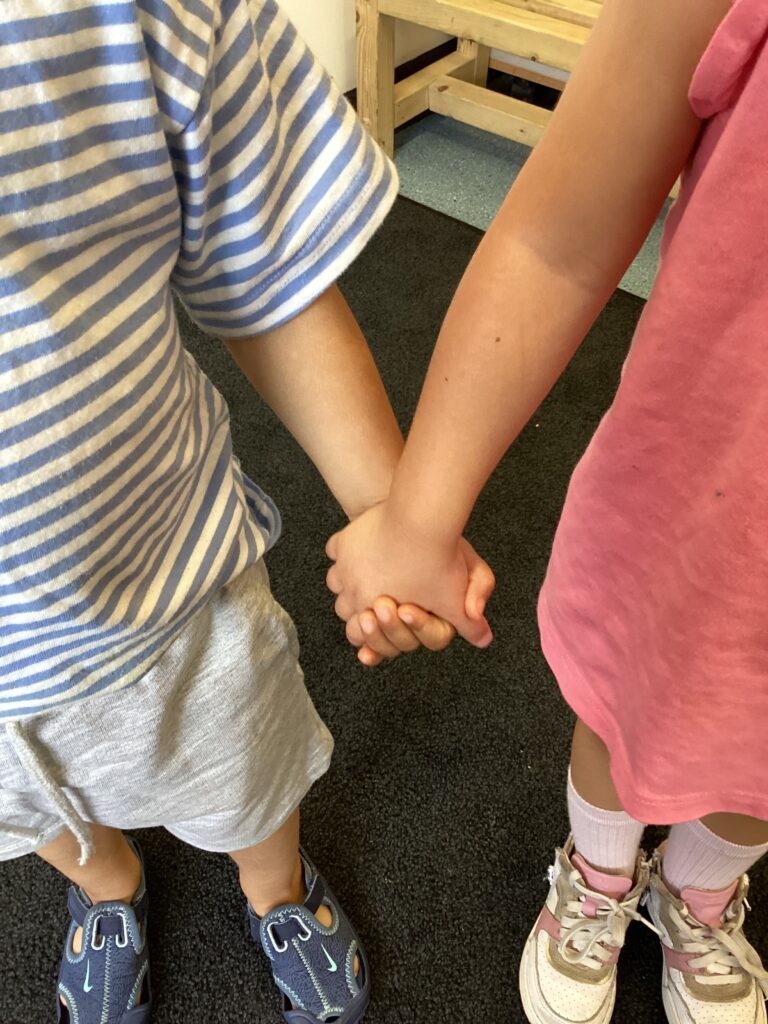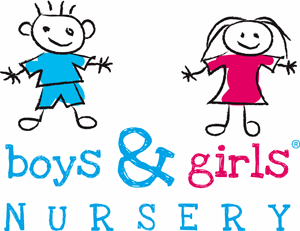Blog - Nursery Talk

Biting
Whilst biting can be a nasty surprise, rest assured it is a very common behaviour in early childhood. The urge to bite typically goes away around 3 or 4 years old, as children develop better control and learn how to use language to communicate their needs.
What causes a child to bite?
Children bite in order to cope with a challenge or fulfil a need. There may be a number of triggers that cause a child to bite:
- Relieve pain caused by teething
- Satisfy a need for oral stimulation or feel the sensation of biting
- Dealing with emotions such as frustration, excitement, or anger without having the language skills to communicate and cope with these feelings at an early age
- Exploring things and people – young children use their mouths to explore
- Expressing themselves if they are feeling overtired, overwhelmed or overstimulated
- Copying others or responding to another child’s aggressive behaviour
- Seeking connection with an adult
- Exploring cause and effect: interested in the reaction they get and don’t understand it causes pain. ‘What will happen if I do this?’
- Worried or anxious about a change in their life such as a new baby or moving home
When you respond to your child biting, remember that children usually don’t want to attack others. They’d much rather play, explore, and have fun with their friends and caregivers.
Tips on preventing biting:
- Think about when and why your child bites and try to anticipate trouble. Warning signs, such as crying, yelling, foot-stamping, and lunging often precede biting. If your child has been biting, watch them and step in before they do it again. Watch for triggers and meet needs before the child is at breaking point. Get physically close to your child and calmly prevent them from sinking their teeth into someone they’re upset with. Redirecting your child’s attention can also help. If your child’s emotions are running high and you’re worried that they’re getting ready to take a nip at a friend (or you), turn their attention toward a different activity, such as dancing, painting, or playing a game.
- Give your child a biting substitute. Teething babies and toddlers in need of oral stimulation may benefit from teething toys or other safe objects for them to chew on.
- Work with your toddler on communicating when they feel the urge to bite. Once your child is old enough to communicate, teach them to use words like “no” and “stop” instead of biting.
- Giving your child simple choices – for example “blue or red ball” “stripy or spotty top”will give them a sense of control. This may help reduce biting.
- Help your child express their feelings by giving a name to a feeling when you observe them. This will help them learn the word for that feeling or emotion, so they are able to express how they feel better.
- When your child is overtired or overstimulated, try to avoid stressful and busy places.
How to respond when a child bites:
- Make sure everyone is safe by separating the children and making sure they’re out of biting distance from each other. If it’s an adult, take the child away from the other person.
- Comfort both the child doing the biting and the one being bitten. Biting can be scary. Let them know you’ll take care of them both and find solutions to stop the need to bite.
- Stay calm and set boundaries. In simple, direct language, tell your child that biting hurts and they’re not allowed to do it. Don’t react and never bite your child back. This will hurt your child and give them the wrong message that this behaviour is OK.
- Do not physically punish. This doesn’t respond to your child’s needs, or help them learn how to understand their emotions and develop more control over their behaviours.
- Be curious about why your child has bitten and make a connection with them.
- Offer them something else to bite – for example, a teething toy.
- Reconnect with your child – for example give them a hug or read a story together.
- Praise your child when you see them being to kind to you, another child, or an adult. They will learn this is the behaviour you want to see.
What if your child is bitten?
It is natural to be upset at the thought our child has been hurt, but try to keep in mind that biting is a common childhood behaviour and in no way a negative reflection of the child, or parenting. Children are still learning at this age, and how we as adults respond is more important than the behaviour itself. A calm, empathetic response will help resolve the situation in time.

